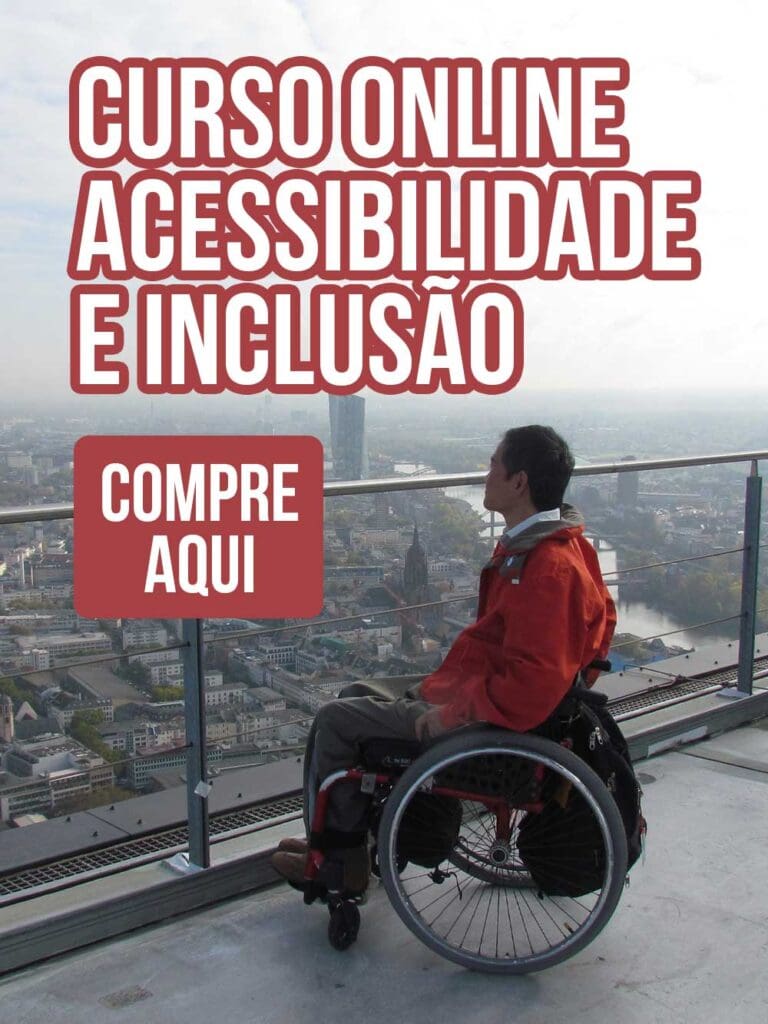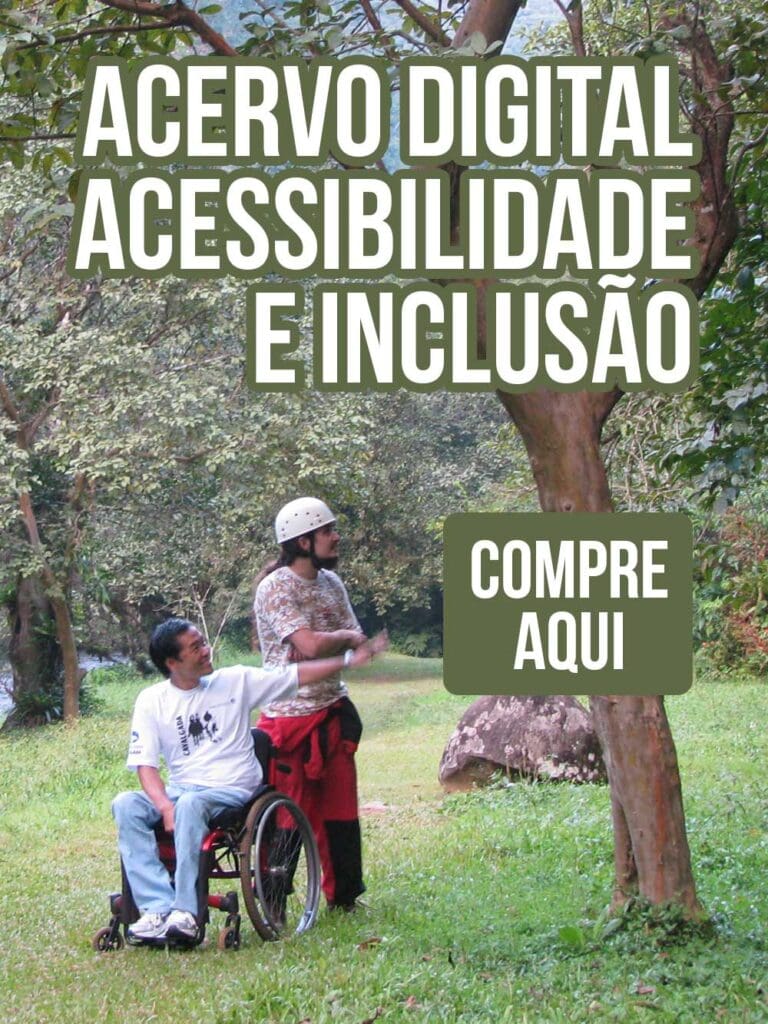Making the state’s attractions and businesses more accessible was a key topic at the Tasmanian Tourism Conference in Launceston.
TICT chief executive Luke Martin said he believed elderly and disabled travellers would become a significant, new travel market, as the National Disability Insurance Scheme (NDIS) was rolled out.
“With the NDIS, we’re going to see a lot of them financially independent for the first time in their lives and we want to make sure we’re a destination that exceeds their expectations,” he said.
“We need, as an industry, to adjust, and deliver that in a way that keeps our industry changing with the market we’re trying to attract.”
National Disability Services state manager David Clements agreed.
“They’ll have greater discretionary spend to some degree and certainly when they try to get out or are looking to get out into the community, they’ll be looking at opportunities that they have for holidays,” he said.
“We’ve got that window of opportunity and now is the time for operators in the tourism industry and others to start thinking about people with a disability as another slice of their customer market.”
Accessible travel expert Bill Forrester said elderly travellers and those with a disability would make up nearly a quarter of the tourism market by 2020.
“Economically, it’s an enormous potential market and one that is really underserviced,” he said.
“They’ve got the money, they’ve got the time and they’re going to need to be accommodated with some services that recognise that they’ve got some limitations.”
He said he believed Tasmania was well placed to capitalise on the emerging market.
“Tasmania’s always been a destination for people to come and experience some of the best wilderness in Australia and a lot of that population is ageing and they’re coming with all sorts of disabilities.
“No mainland state is doing it well, the market is growing and if you want a point of difference, then it’s a way to attract the market.”
Mr Forrester said operators only needed to make minor changes to make their businesses more accessible.
“Make sure the reception desk knows where all the restaurants in the area are that can cater for a wheelchair or walking frame.
“Have a look at your picnic tables, can a wheelchair fit up to the picnic table? Have you got one brick garden step on to your front lawn that needn’t be there?”
Source: ABC.net



